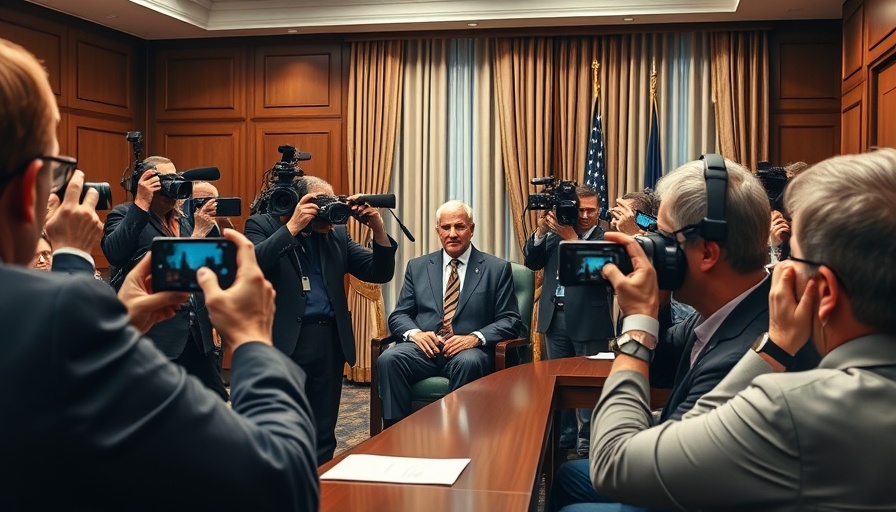
Understanding the Controversy: Vaccine Mandates and Public Health
Dr. Joseph Ladapo, the Florida Surgeon General, has stirred significant debate by opposing vaccine mandates for diseases like measles and polio. While he cites personal freedom and government overreach, this stance strains the deeply rooted public health agreements that prioritize community immunity and protect the vulnerable. His assertion that vaccination requirements equate to ‘slavery’ has drawn concern not just from public health experts but from parents and educators, especially within tight-knit communities.
The Historical Importance of Vaccines
Vaccination has been recognized as one of the greatest public health successes, credited with minimizing and sometimes eradicating deadly diseases. In the U.S., vaccines have drastically reduced incidences of contagious diseases. For example, measles was virtually eliminated, providing a safe environment for children to grow up in. Consequently, dismantling these mandates could risk public health in unprecedented ways, reigniting the prevalence of diseases that were once under control.
Are Personal Freedom and Public Health at Odds?
Ladapo’s approach raises profound ethical considerations. While personal autonomy is vital, public health policies are designed to reflect a collective responsibility. Especially for our senior citizens who may be more at risk, it raises questions: How do we balance individual freedoms with communal wellbeing? An outbreak of a preventable disease could lead to higher risks for vulnerable populations, including the elderly with compromised immune systems.
Public Reaction and Political Ramifications
Diverse reactions have flooded in from various sectors. Dr. Rana Alissa, president of the Florida Chapter of the American Academy of Pediatrics, remarked on the potential chaos eliminating vaccine mandates could create in schools. Parents, caregivers, and educators are anxious about the repercussions that may follow decisions removing these guidelines. With an increasing number of politicians aligning with government officials, the intersectionality of health policy and political rhetoric is increasingly evident. Senior citizens in Louisiana, in particular, should remain vigilant about how these narratives could impact their health resources and community welfare.
Comparative Perspectives: How Other States are Handling Vaccine Mandates
While Ladapo's position creates a stir in Florida, let’s look across state lines to see contrasting approaches. In states with stronger vaccination requirements, the focus on protecting public health is at the forefront. Many states have comfortable policies ensuring the maximum vaccination rates happen while allowing personal belief exemptions under controlled conditions. In contrast, the debate ignites questions about governance, healthcare accessibility, and personal rights these contrasting policies may reveal.
Take Action: Advocacy for Public Health Education
With the debate on vaccine mandates intensifying, it becomes critical for senior citizens and all members of the community to stay informed and engaged. Advocacy initiatives focusing on public health education can empower citizens, ensuring they have the latest knowledge on vaccine safety and efficacy. Attending local health discussions could provide insights into how vaccine mandates affect community welfare and possibly influence public policy positively.
To help your loved ones navigate these complex discussions and enhance awareness, consider promoting trustworthy sources of health information, advocating for educational sessions in community centers, and encouraging open conversations about vaccination’s role in public health. As we strive for healthier communities, it’s imperative that we remain united in health choices that protect not only ourselves but also our neighbors.
 Add Row
Add Row  Add
Add 



Write A Comment